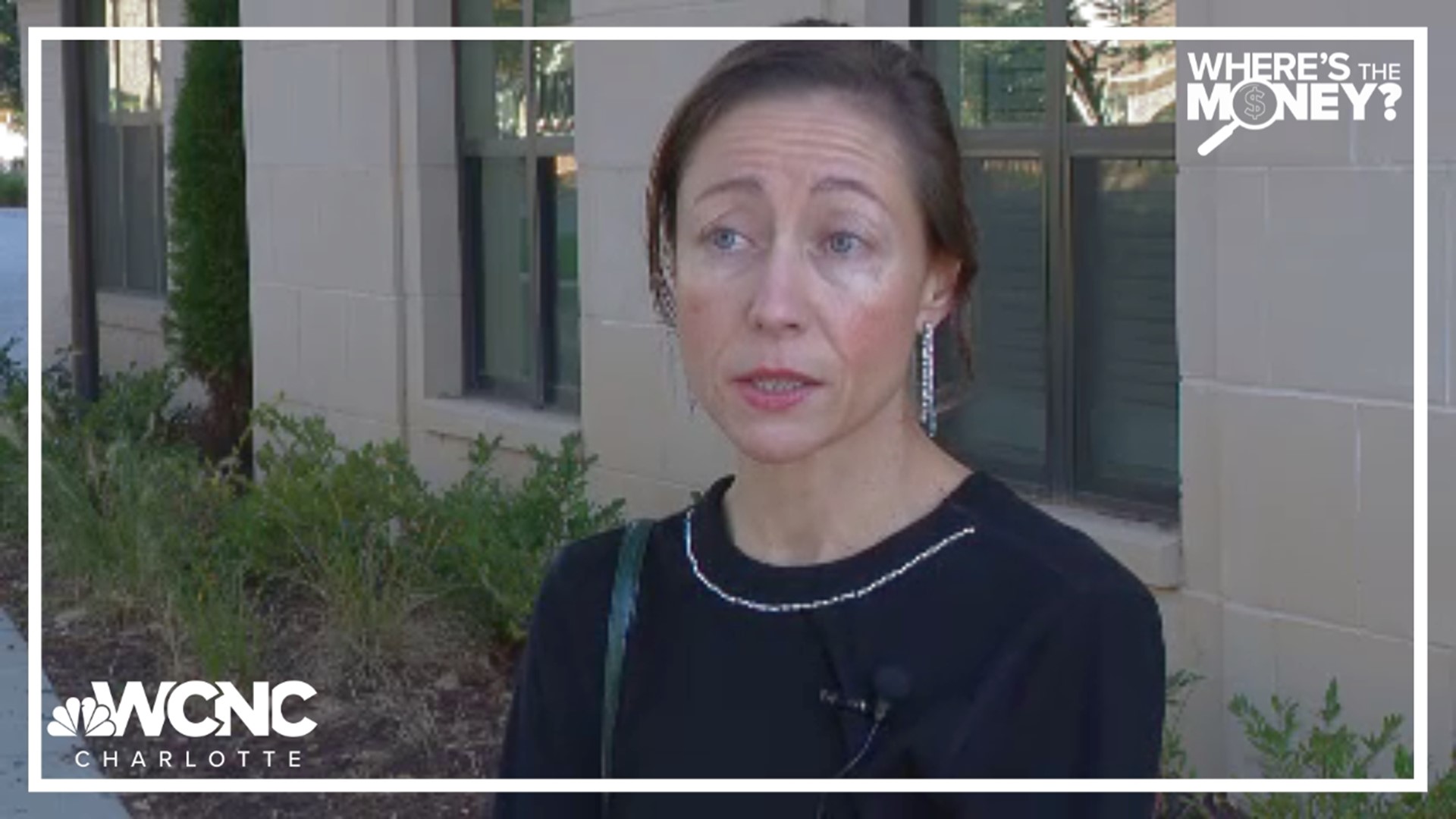CHARLOTTE, N.C. — North Carolina's Housing Opportunity and Prevention of Eviction (HOPE) Program kept the lights on and kept renters in their homes during uncertain times, but in its rush to deliver emergency help, the state mistakenly paid out millions of dollars in taxpayer-funded pandemic aid. The program is now asking for the money back.
Records analyzed by WCNC Charlotte identify more than $3 million in money the state paid landlords and utilities that the HOPE Program should have never delivered. Aside from a small number of cases substantiated as fraud, most are tied to rent and utility assistance mistakes.
"It's just a matter of human error on our side and human error on applicants' side, " North Carolina Office of Recovery and Resiliency Compliance Director Amanda Stapleton said. "With the larger volume and the magnitude, the processing with that, comes a lot more risk when you're trying to operate fast and compliant."
The state is in the process of trying to recapture money in a little more than 1,000 cases. The smallest mistaken payment is listed as $3, while the largest is more than $14,000. The average recapture amount is $3,000, according to public records.
So far, the program reports collecting or entering into payment plans for just under $425,000, the equivalent of less than 15% of all money owed.
"How do you feel about that?" WCNC Charlotte asked Stapleton.
"I don't think it's ever good enough," she replied.
Stapleton argues the $3 million recapture amount is low when you consider the program paid out $786 million in all, noting the federally recognized fraud and improper payment protections the agency put in place early on. She said there are nine reasons why the agency would send a letter asking for repayment: everything from learning someone received duplicate benefits through multiple programs to finding out someone was ineligible to accidental overpayments.
Records show most of the mistaken payment amounts (85%) are tied to the second round of rental assistance when the state expanded eligibility for the program.
WCNC Charlotte is always asking "where's the money?" If you need help, reach out to WCNC Charlotte by emailing money@wcnc.com.
"We need to make sure that our risk is low, but we are providing what we said we would provide," Stapleton said. "It is a hard balancing act. It's definitely something in this position I encounter every day. It's hard."
While most of the repayments are considered in default, Stapleton said the state hasn't yet taken any legal action to collect the unpaid money. Instead, she said the agency is waiting on guidance from the federal government.
"I just think that warrants a further discussion with (the U.S. Department of the Treasury) to say, 'How do you want us to handle this?'" she said.
In the meantime, the program has granted appeals in more than 100 cases so far, understanding people's circumstances changed daily during the pandemic. In those cases, the state is giving recipients the chance to prove the money went to its rightful place.
"We are doing our best to give the benefit of the doubt," Stapleton said.
WCNC Charlotte attached a draft of an example letter being sent to people who mistakenly received HOPE payments.
DreamKey Partners, which administered the city of Charlotte and Mecklenburg County's separate rental and utility assistance program, told WCNC Charlotte the three have not recouped any money.
Over in South Carolina, it's unclear the number of mistaken payments made by that state's rental and utility assistance program. The South Carolina State Housing Finance & Development Authority would only say the agency is "currently conducting a review of records to verify the status of questionable applications."
Contact Nate Morabito at nmorabito@wcnc.com and follow him on Facebook, X and Instagram.
WCNC Charlotte's Where's The Money series is all about leveling the playing in the Carolinas by helping others and breaking down barriers. WCNC Charlotte doesn't want our viewers to be taken advantage of, so we’re here to help. Watch previous stories where we ask the question “Where’s the Money” in the YouTube playlist below and subscribe to get updated when new videos are uploaded.

